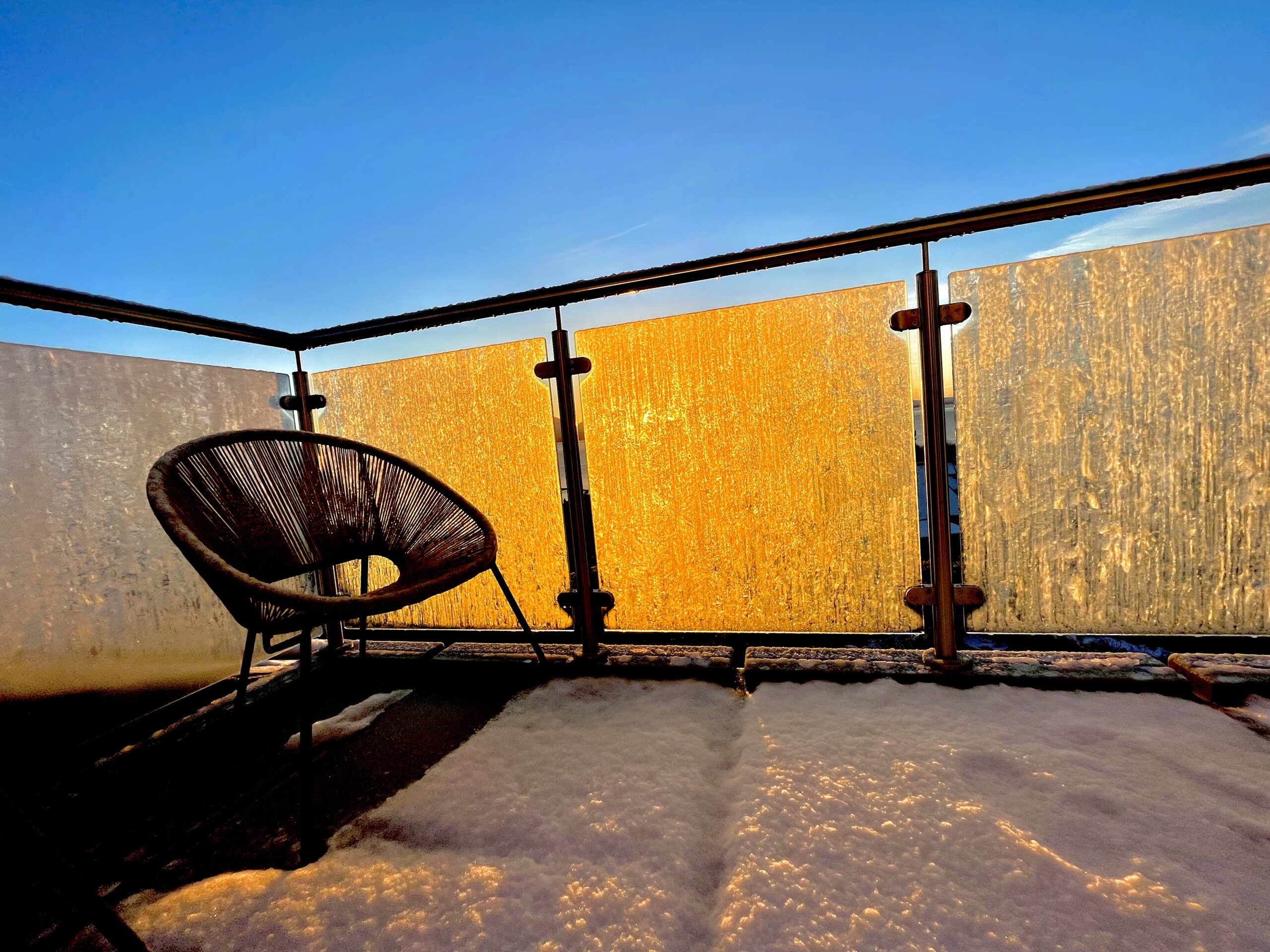I’m a writer. I write for a living. Specialist reports, policy documents and academic texts with references to obscure philosophers, on whose shoulders I build my argument.
I’m a writer. I write for pleasure too. Poetry for many years and more recently fiction and, of course a bit of, non-fiction.
I’m a writer but I can’t tell you how to write.
Writing is a creative process, not a scientific exercise. And I don’t know you. I don’t know your routine, how your mind works, what makes you get up in the morning. Or what stops you going to sleep at night. I don’t know why you want to write. Only you know that.
I’ve been reading about writing again, something I last did when I studied it in the 1990s. What I wanted to understand better this time around was the process of writing; the methods and rituals writers use to get themselves to the point where there is text on a page. One of my favourites is Annie Dillards’ ‘The writing life’, a meditation on the life of the writer more than a guide to writing per se.
At the opposite end, I’ve read too many prescriptive articles by people who tell me how I ‘should’ write. Get up at 4am. Force myself to write for three hours. Don’t read your email or check Facebook or look at Twitter until you’ve written at least a thousand words. And if any of that works for you, take it, use it, build it in to what makes you a writer. But, please, don’t tell me what I should do. You don’t know me, you don’t know how I write. Writing is intimate, it is personal.
Well over twenty years of writing has taught me that the majority of my time being a ‘writer’ does not involve ‘writing’. It involves meetings, workshops, research, data collection, analysis, synopsis, sketches, long baths and longer walks with the dog. It involves inspiration, conversation, observation and procrastination. Writing involves moments of joy, where the ideas are sparking and neural connections falling into place. It involves moments of darkness, where nothing is working and you despair at what you’ve done (or, rather, haven’t done). And all of this can happen before a single word hits the page.
Suddenly, somewhere, in the clearing fog, words start to circle, like returning swallows heralding a creative spring. Work fast, make things ready, prepare to receive them and find a place for them to settle. I don’t say catch or capture, they aren’t mine to own or hold, just to nurture, marshal and curate. To arrange and pass on. They will stay a while if the conditions are right.
Writing is a garden of possibility; a place of mystery, growth and decay. Writing is life and death. It is potential, if only you can see it. It is order and disorder; a well manicured lawn or wildflower meadows. I choose what works in the moment and suits the story, suits the path I am taking. [The journey you take as a writer is taken alone]. Familiar in places, new at times, it comes with surprises and satisfying moments of beauty. There are roadblocks and dead-ends, many unwanted distractions too. I have a choice about how I engage with them (or not) and I know all the avoidance mechanisms: A fresh cup of tea, baking bread, cooking dinner. Yes, but sometimes these distractions and procrastinations are necessary. When I’m stuck or an idea is not yet fully formed, doing something else often brings success… an hour, a day or even a week later and often at an unexpected moment.
When it does happen, the act of writing happens in quiet, or with music. It happens at my desk or sat in my favourite armchair. It happens on aeroplanes, in airport lounges, on inter-city trains. It happens in the city and by the sea, under the watchful eye of a mountain or next to a soft-flowing river. Writing happens when it happens. Captured in a notebook, on a laptop, on a scrap of paper. Be prepared. Writing, for me, rarely happens to order or at my command. Sometimes it can be cajoled and wrestled to conform with my schedule, but often those words are short lived, not the best. Persevere. Good writing is immersive and exhausting; exhilarating and inspiring. It has rhythm and it has flow. Sometimes it is emotional, sometimes it is procedural. Sometimes it goes wrong. It often goes astray or at least in unexpected directions. Words discarded, and there will be many, are not wasted. Tuck them away so they might return at another time, in a different guise.
If it takes but a moments to write, it can take an eternity to edit. Editing helps me explore, shape and re-shape the ideas, to straighten the path and help the reader (do you know who they are? After all, this is who we are writing for). It is iterative; a cyclical process lacking straight lines or hard edges. Eventually you reach the end, hopefully in a better shape than when you started. Then there is what I call ‘the poet’s curse’; hours of deep, emotional torment, poring over a single word, a phrase, a sentence, a page. A comma, in a strange place. Is that right? Is it what I meant? No, really what I meant. Affect or effect?
And the point to stop editing? Just before you realise you have reached it, because writing is more than words on a page.
[2016]
